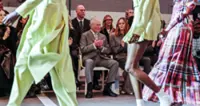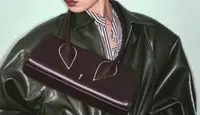Fashion has always been viewed as a glamorous industry. Yet, a designer will tell you that it is more than just rubbing shoulders with the rich and famous – or receiving applause after a runway show.
It involves lots of hard work and you have to be extremely dedicated to the craft.





